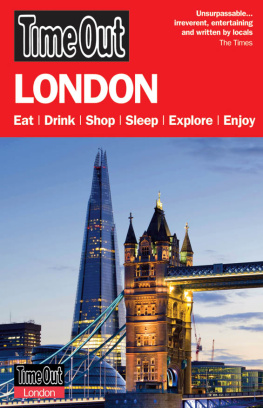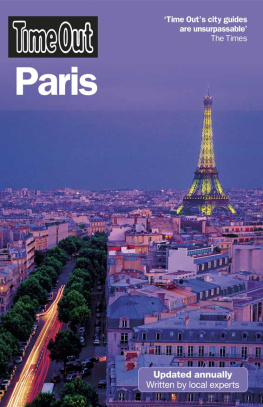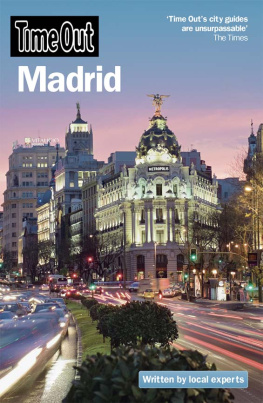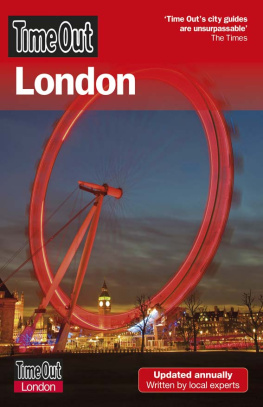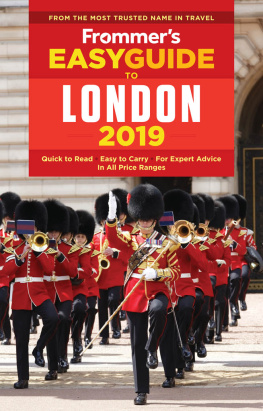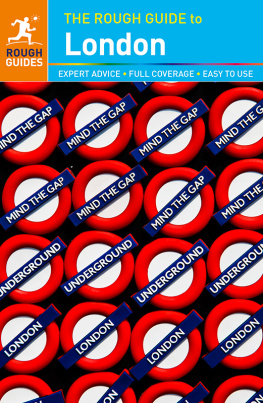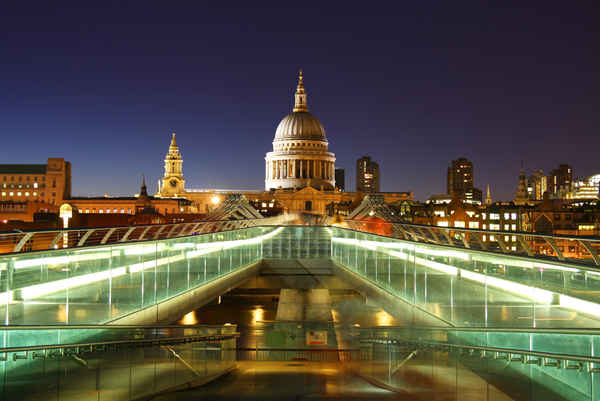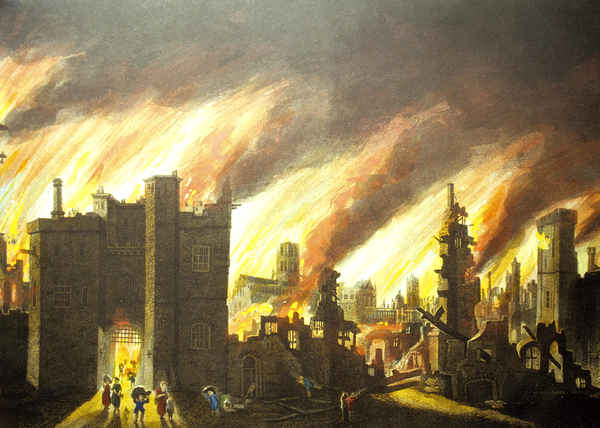Editors of Time Out - Time Out London
Here you can read online Editors of Time Out - Time Out London full text of the book (entire story) in english for free. Download pdf and epub, get meaning, cover and reviews about this ebook. year: 2013, publisher: Time Out, genre: Non-fiction. Description of the work, (preface) as well as reviews are available. Best literature library LitArk.com created for fans of good reading and offers a wide selection of genres:
Romance novel
Science fiction
Adventure
Detective
Science
History
Home and family
Prose
Art
Politics
Computer
Non-fiction
Religion
Business
Children
Humor
Choose a favorite category and find really read worthwhile books. Enjoy immersion in the world of imagination, feel the emotions of the characters or learn something new for yourself, make an fascinating discovery.
- Book:Time Out London
- Author:
- Publisher:Time Out
- Genre:
- Year:2013
- Rating:3 / 5
- Favourites:Add to favourites
- Your mark:
Time Out London: summary, description and annotation
We offer to read an annotation, description, summary or preface (depends on what the author of the book "Time Out London" wrote himself). If you haven't found the necessary information about the book — write in the comments, we will try to find it.
The 21st edition of Time Out London will help visitors to navigate the 2000 year old city, from the many must visits through to the eccentricities and particularities that give London its flavor.
Time Out keeps you abreast of the latest in terms of cultural events, entertainment, restaurants, shopping, bar and pub scene, as well as taking you to the out-of-the-way neighborhoods in the throes of gentrification. Day trips and local excursions are also recommended, as rolling hills, seaside walks and ancient cities are all within your grasp. Whether your stay is brief or lengthy, Time Out will help you make the most of your time.
Editors of Time Out: author's other books
Who wrote Time Out London? Find out the surname, the name of the author of the book and a list of all author's works by series.

